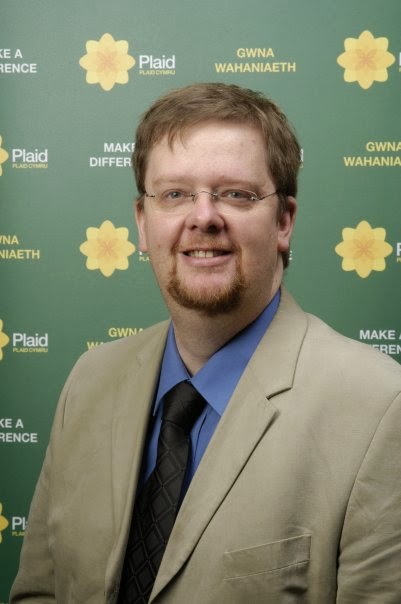State of Affairs: Post 2015 - MOI, Global Partnership for Development and Technology Facilitation Mechanism
The last month has seen two processes try and complement each other these being the Financing for Development and the Post 2015 Development Agenda's Means of Implementation and Global Partnership for Development. Means of Implementation I have made a number of suggestions on HOW there could be more synergy in previous blogs. The process is stuck at the moment until this is resolved. Three additional meetings for Finance for Development have now been added to the agenda in the next 6 weeks. The additional dates are the 11-15 May, 26-29th of May and the 1-5th of June. A total of 14 additional days of negotiations. There is much more to be discussed in the FfD process but by the end of the first new session an agreed approach does need to become solid for the rest of the negotiations to move forward. Financing for Development It is unclear what the follow up process will be. Will it be through the HLPF? Will it be through the similar mechanism that was set up after Monetary ...

